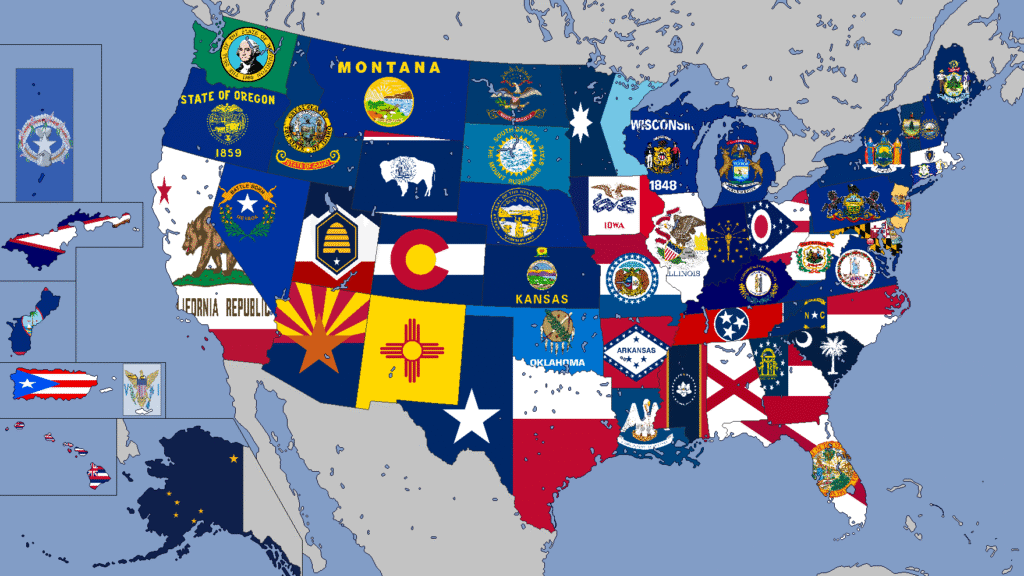Wikipedia: Your Ultimate Guide to the Free Online Encyclopedia
The internet has revolutionized access to information, and at the heart of this revolution lies Wikipedia, the free online encyclopedia. But what exactly is Wikipedia, and how can you effectively use this powerful resource? This comprehensive guide delves into the world of Wikipedia, exploring its history, functionality, reliability, and potential pitfalls. We’ll also uncover tips and tricks to make the most of your Wikipedia experience.
Understanding Wikipedia: More Than Just an Encyclopedia
Wikipedia isn’t just a collection of articles; it’s a collaborative project built and maintained by millions of volunteer editors worldwide. This collaborative nature is both its strength and its potential weakness. The open-source nature allows for constant updates and revisions, ensuring information remains relatively current. However, this also means that the quality of information can vary.
A Brief History of Wikipedia
Launched in 2001 by Jimmy Wales and Larry Sanger, Wikipedia quickly gained popularity due to its open-source model and commitment to providing free access to knowledge. Its rapid growth and global reach have cemented its place as one of the most visited websites globally. The platform’s success is a testament to the power of collaborative knowledge creation.
How Wikipedia Works: The Power of Wiki Editing
Wikipedia’s functionality is surprisingly simple. Anyone can create an account and contribute to articles, adding information, correcting errors, or improving the overall quality of existing pages. This collaborative editing process, known as “wiki editing,” is what makes Wikipedia unique. New users are encouraged to start with small edits and gradually contribute more significant changes as they gain experience. The platform features a robust editing interface with tools to assist users in formatting and structuring their contributions.
Navigating Wikipedia: Finding Reliable Information
While Wikipedia is a valuable resource, it’s crucial to approach it critically. Not all information on Wikipedia is equally reliable. Here’s how to navigate the platform effectively and identify credible information:
Verifying Information: Sources and Citations
One of the key strengths of Wikipedia is its emphasis on verifiable information. Most articles include citations and references to credible sources, allowing users to independently verify the accuracy of the information presented. Always check these sources to ensure the claims are supported by reliable evidence. Look for reputable sources such as academic journals, books, and well-established news organizations.
Identifying Potential Biases: Multiple Perspectives
Because Wikipedia is a collaborative project, it can be susceptible to bias. While editors strive for neutrality, different perspectives can sometimes influence the content. It’s important to read multiple articles on the same topic and compare information from different sources to get a balanced perspective. Consider seeking information from alternative sources to cross-reference the information found on Wikipedia.
Recognizing Vandalism and Inaccurate Information
Despite Wikipedia’s robust editing process, vandalism and inaccuracies can occasionally occur. Wikipedia has mechanisms in place to address these issues, including a system of revert edits and community oversight. If you encounter information that seems inaccurate or biased, you can report it to the Wikipedia community.
Contributing to Wikipedia: Becoming an Editor
Wikipedia welcomes contributions from anyone willing to improve its content. Contributing to Wikipedia is a rewarding way to share your knowledge and contribute to a global resource. Before you start editing, it’s essential to familiarize yourself with Wikipedia’s guidelines and policies. This ensures your contributions are consistent with the platform’s standards and values. Start with small edits, such as correcting typos or adding citations, and gradually work your way up to more significant contributions.
The Importance of Reliable Sources
When contributing to Wikipedia, always cite your sources. Reliable sources are the backbone of accurate and credible information. Using reputable sources ensures that the information you add is verifiable and helps maintain the overall quality of Wikipedia.
Understanding Wikipedia’s Editing Policies
Wikipedia has a comprehensive set of policies and guidelines that govern the editing process. Understanding these policies is essential to contributing effectively and avoiding conflicts or edit reversals. These policies are designed to ensure neutrality, accuracy, and overall quality of the articles.
Wikipedia’s Impact and Future
Wikipedia’s impact on access to information is undeniable. It has democratized knowledge, making vast amounts of information freely available to anyone with an internet connection. Its future relies on continued community involvement and support. As technology evolves, Wikipedia must adapt to maintain its relevance and accessibility. The platform’s ongoing commitment to inclusivity and accuracy will be crucial to its continued success.
The Challenges of Maintaining Accuracy
Maintaining accuracy in a constantly evolving environment is a significant challenge. Combating misinformation and ensuring neutrality requires a vigilant community and robust editing processes. Wikipedia’s commitment to addressing these challenges will determine its long-term viability.
Wikipedia’s Role in Education and Research
Wikipedia serves as a valuable resource for students, researchers, and educators. While it’s crucial to approach Wikipedia critically, it can be a useful starting point for research and learning. Its comprehensive coverage of a wide range of topics makes it an invaluable tool in the educational landscape.
Conclusion:
Wikipedia is more than just an online encyclopedia; it’s a testament to the power of collaboration and open access to information. By understanding its strengths and limitations, and by actively participating in its improvement, we can ensure that Wikipedia continues to serve as a valuable resource for generations to come. Start exploring Wikipedia today and discover the wealth of knowledge it offers! Learn more about contributing to Wikipedia and become a part of this global collaborative project.
Call to Action: Visit Wikipedia today and start exploring! Consider contributing your knowledge and help improve this invaluable resource.

